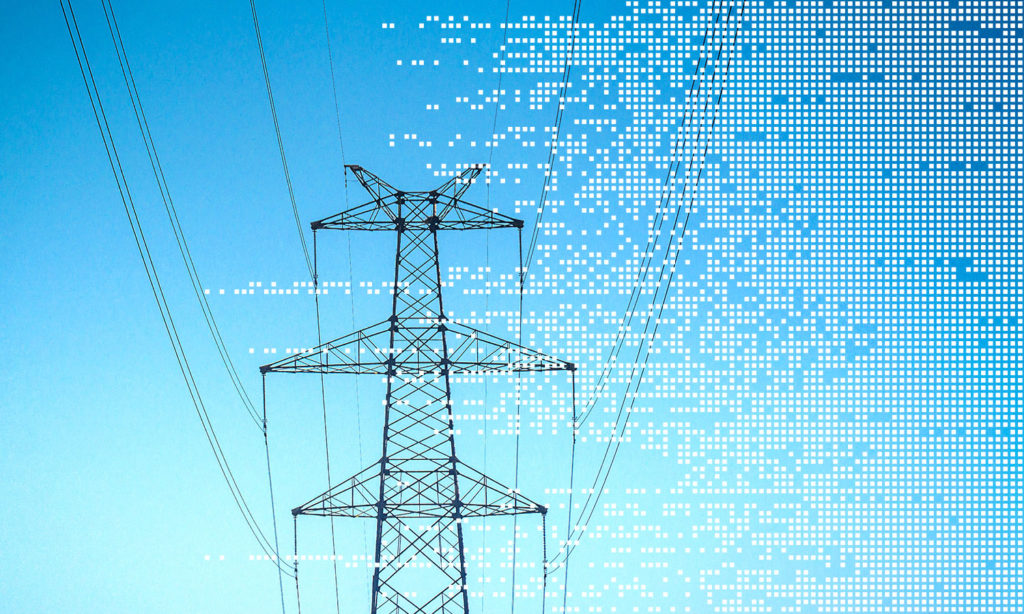Digitalisation and innovation provide assurances as we face a new situation in which a transition towards a new energy model, a global health crisis and great economic and social uncertainty are combined
The phase-out of coal seems to be closer than ever. Advanced societies are now in a phase of energy transition towards a model where traditional forms of production are being abandoned and new forms of generation are being embraced. This model generates energy mainly from renewable sources.
The cause of this paradigm shift is the negative impact that the current system is having on the planet, the consequence of unbridled consumption, conventional production processes and human activity itself.
The European Union has already set different targets for 2020, 2030 and 2050 for the member countries. These mainly focus on reducing CO2 emissions into the atmosphere and encouraging the use of renewable sources for energy production.
In the case of Spain, the Government has already submitted the first draft of the Climate Change Bill to Parliament, the text of which sets out its response to the challenge of climate change in fulfilment of the policies contained in the European Green Deal.
This transition is probably the greatest challenge energy companies have faced in their history, despite the fact that they have been working on it for a long time. For years they have been immersed in the search for solutions that allow new ways of generating clean energy to be found, and in order to do so, they have had to undergo profound transformation processes that enable them to adapt their processes and resources to the new paradigm,ranging from the search for efficiency through innovation to the adaptation and preparation of systems, infrastructure and personnel. In this process of change, digitalisation has been an essential driver of change, with the use of digital solutions providing the necessary boost. These improve decision making through data analysis and process automation, greater connectivity that optimises infrastructure management, and also through the strengthening of a culture based on innovation, new ways of working and smooth transformation.

However, the current health crisis poses a great challenge. Despite this, as regards ecological transition, there seems to be no change of plans. In the case of Spain, the Government has already submitted the first draft of the Climate Change Bill to Parliament, the text of which sets out its response to the challenge of climate change in fulfilment of the policies contained in the European Green Deal.
So, what can the energy sector do when a paradigm shift, a health crisis and great economic and social uncertainty coincide? It can continue to invest in digitalisation and technological development. There is no doubt that the culture of innovation and the availability of tools and technologies have been very useful in dealing with the crisis, while continuing to promote the energy transition.
According to the International Energy Agency (IEA), the key technologies are known today, but not all of them are ready. The agency points out four technological approaches it believes are required in order to achieve net-zero emissions:
The digital transformation of companies and innovation are crucial to aid the development and adoption of technologies that are still immature but essential for meeting commitments. For the IEA, “each of these areas faces challenges in making all parts of its value chain commercially viable in the sectors where reducing emissions is hardest” and that “at a time when faster innovation is sorely needed, the Covid-19 pandemic has delivered a major setback”.
Digitalisation has been an essential driver of change, with the use of digital solutions providing the necessary boost
For the time being, companies continue to put their faith in digitalisation because, among other reasons, they clearly understand the need to continue to promote the rapid and smooth adaptation of their organisations to the new challenges presented by the energy market, and they are aware of the advantages in terms of process efficiency and cost savings that artificial intelligence, data analysis, process automation and internetworking technologies, smart meters and Internet of Things (IoT) devices provide.